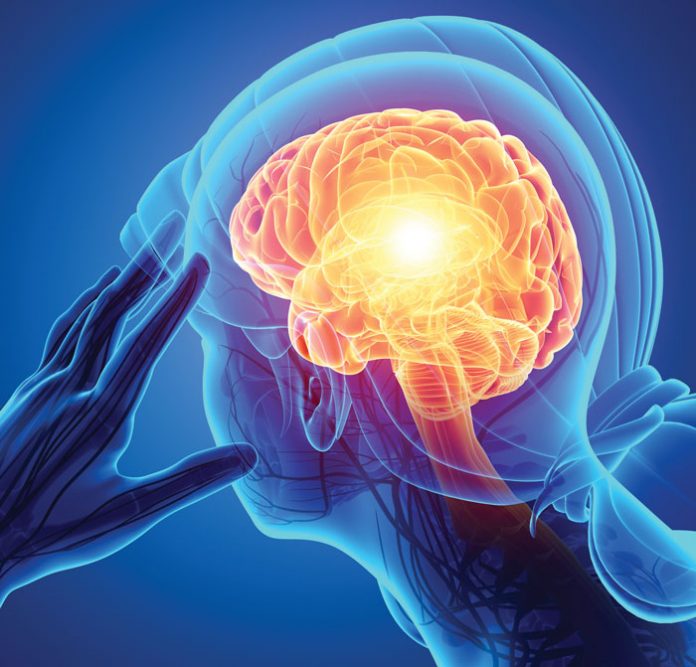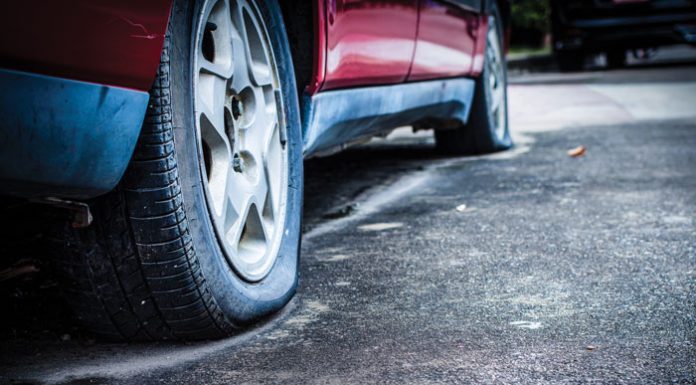Friday, 26 Iyar 2018
It was the Friday before Mother’s Day weekend, a warm and sunny day that was typical of our hometown. I was in the preschool building of our Chabad House getting ready for dismissal, but I was shivering and had an excruciating headache, so I went to take some Tylenol before the parents arrived for pickup. That way, I’d be able to wave goodbye to my students and hand them their Mother’s Day arts and crafts projects. I could barely see through my feverish haze.
When I got home I stumbled into bed, where I stayed for the next three days. I was achy and miserable, which was manageable for as long as the Tylenol worked, but after it wore off I’d start shaking again. My husband knew that something was very wrong when I didn’t pick up the phone, as I usually spent hours on it. My phone was the personal computer I used to run our home, our gan and our Chabad House. If I was leaving it untouched on the nightstand, it meant that I was truly sick.
My husband asked if there were any videos he could put on for me to watch while I rested. I almost declined, but then I decided to watch Rabbi Shloimy Chein’s speech at the International Kinus Hashluchim in 2015. I still don’t know why I chose it, especially when I wasn’t feeling well and could barely think, but whatever the reason, my husband pressed Play. I huddled under my covers and listened to Rabbi Chein, the shliach in Santa Cruz, California, address the crowd:
“Shortly after I got married, Hashem gave me a unique wedding gift that I pray He never gives to anyone else. It was a rare autoimmune disease that was eating away at my nerves and muscles. First I was dependent on a cane, then a quad-cane, then a walker and finally a wheelchair.
“In our first year of marriage, my wife and I went out on many dates: to doctors’ offices, hospitals and medical treatments. One day, at Rusk Rehabilitation, where they were trying to teach me basic skills like twisting the lid off a jar of peanut butter, a doctor gave me a pamphlet with jobs suitable for people in wheelchairs.
“I declined the pamphlet. I knew about the Lubavitcher Rebbe’s letter [in which he writes that one shouldn’t ask to be relieved of sacred work when things are difficult; one should ask to be relieved of the challenges in order to be able to continue the sacred work], and I wished to become a shliach. When we did finally head out on shlichus, my wife wheeled our one-year-old son through the airport in a stroller, and my brother pushed me in a wheelchair.
“However, before we left I wrote to the Rebbe, requesting a blessing to be relieved of my illness so I could fulfill my shlichus. And indeed, I received that blessing.
“Today I stand before you on my own two feet! ‘Yodu laShem chasdo v’nifle’osav livnei adam—They shall give thanks to Hashem for His kindness, and for His wonders to the children of men.’ With gratitude to the Almighty, there are no more medications or doctors’ visits. We donated the walker and wheelchair long ago. I still own the cane, though; I use it to close the upper windows in our beautiful Rohr Chabad House dining room.”
I listened carefully to the speech and then asked my husband to play it again. At the time, I had no idea that I too would be diagnosed with an autoimmune disease. I too would end up using a cane, a walker and a wheelchair. And like him, I would also cast them aside to stand and walk on my own two feet. Throughout the months and years to come, Rabbi Chein’s story would be my lifeline. His speech would echo in my mind as I fought to take each new step, both physically and spiritually.
When I first heard it, though, I had no inkling of what was to come. All I knew was that I had never been so weak.





















